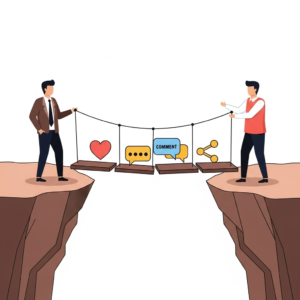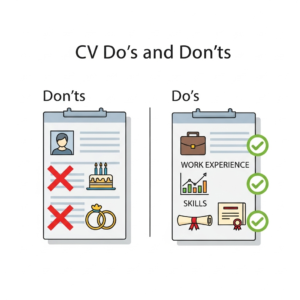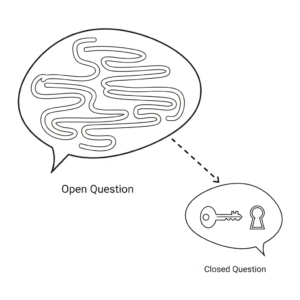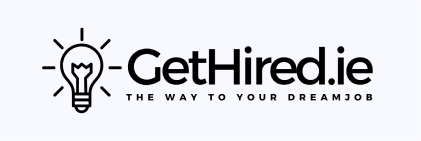In today’s fast-paced, high-pressure professional world, building genuine human connection has become a strategic advantage—especially in recruitment, onboarding, leadership, and team collaboration. One of the most underestimated tools in achieving this connection? The humble icebreaker.
🔹 What Is an Icebreaker?
An icebreaker is a simple question, comment, or activity designed to spark conversation and ease tension, especially in the beginning of meetings, interviews, or new encounters. They aren’t just small talk—they’re psychological door-openers that lower stress, encourage engagement, and foster trust.
Think of asking, “Is it still raining in Dublin?” or “What’s one thing that made you smile this week?”
Simple, yet effective.
🔍 Why Icebreakers Matter: What the Data Says
A study by Harvard Business Review (2017) highlights that small talk, including icebreakers, activates areas of the brain associated with reward and trust, improving rapport in professional interactions. Further research by the University of Chicago (Northey et al., 2020) showed that teams who engaged in light conversation at the start of meetings had 23% higher collaboration levels and 31% faster problem resolution.
In virtual environments, where 75% of communication cues are lost (Mehrabian, 1971), icebreakers become even more crucial to establish connection and clarity.
💼 In HR, Recruitment & Onboarding
Whether you’re a recruiter, manager, or coach—icebreakers can make or break first impressions. Consider:
- 🌐 Virtual interviews: Asking about their home office setup or weekend plans can ease candidate nerves.
- 🧑🤝🧑 Team onboarding: Opening sessions with a “Two Truths and a Lie” game boosts engagement and breaks formality.
- 🗣️ Competency interviews: Starting with a neutral question like “How has your day been so far?” can calm candidates before performance-based questions.
A warm beginning leads to more authentic responses.
🎯 Effective Icebreaker Examples
To be inclusive and professional, it’s important to keep icebreakers neutral, respectful, and culturally aware.
✅ Safe choices include:
- “What’s the best thing that happened to you this week?”
- “What’s one thing you’re learning right now?”
- “What’s your go-to comfort food?”
❌ Avoid:
- Anything too personal (age, relationship, politics)
- Overly complex or awkward questions
🧠 Academic Perspective
According to Dr. Edgar Schein, a pioneer in organizational culture, psychological safety is foundational to successful teams. Icebreakers, while simple, contribute directly to creating that safety. Schein argues that “people cannot learn if they feel threatened or embarrassed.” (Schein, 1992)
In an interview context, the same principle applies: when candidates feel safe, they share more authentically.
🛠️ Practical Tip for HR Professionals
💡 Try this in your next team meeting: Start with: “If you could teleport anywhere for lunch today, where would you go?” It’s neutral, fun, and opens up dialogue without pressure.
📣 Final Thought
Icebreakers aren’t time-wasters—they’re connection-builders. In our quest for efficiency and outcomes, let’s not forget the power of starting human. Whether you’re hiring, leading, or onboarding, a single well-placed question can shift the entire tone of the conversation.
✅ What’s your favourite icebreaker? Drop it in the comments. Let’s build a list together.
#HumanResources #Recruitment #Onboarding #CommunicationSkills #Leadership #Teamwork #LinkedInHR #GetHired #CareerDevelopment #SoftSkills










